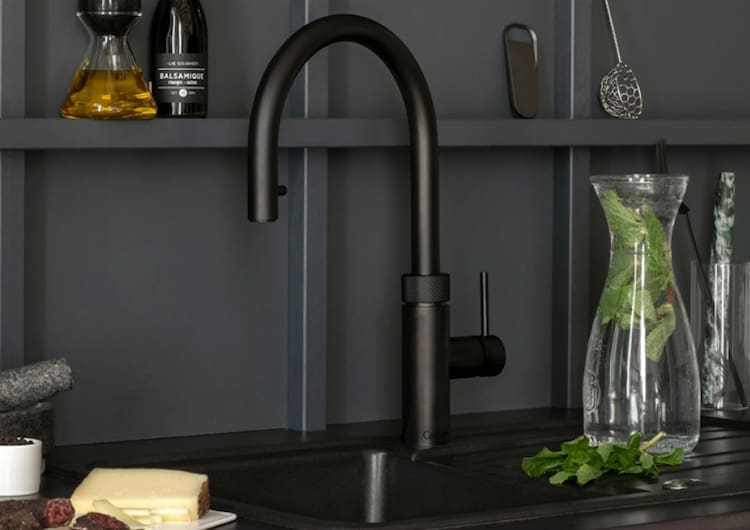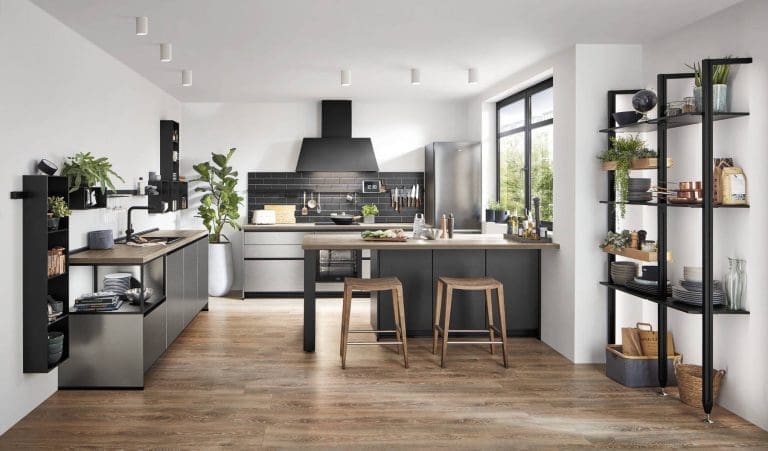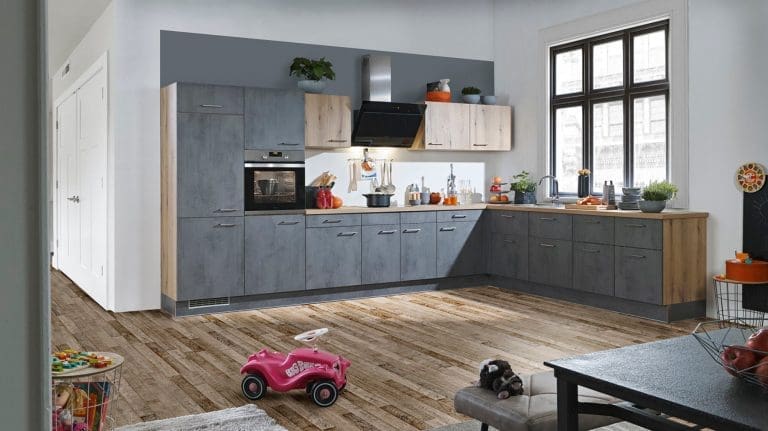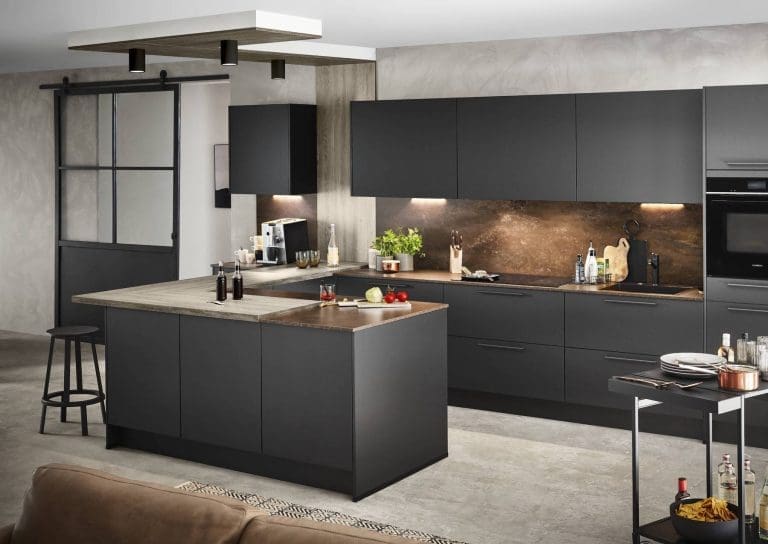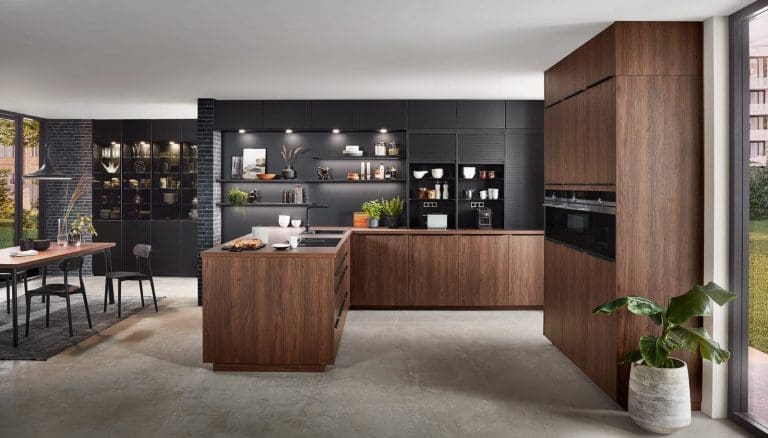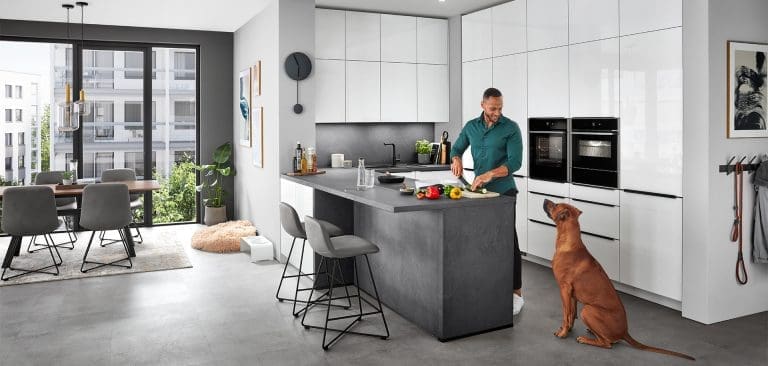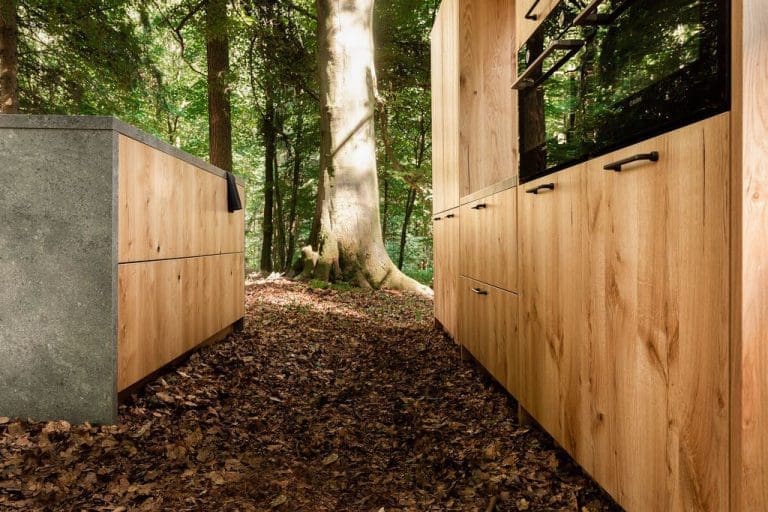|
|
Why Include a water softener In Your new Kitchen Design?
There are many areas throughout the country where the water supplied is described as ‘hard’. Without getting overly technical by way of explanation, this is caused by naturally ‘soft’ rainwater which collects minerals as it lands, including calcium and magnesium. The effect of these minerals is to ‘harden’ the water, so the higher the content of calcium and magnesium, the harder the water. The occurrence of these minerals varies throughout the country depending on the presence of chalk and lime from which they originate. This is why some areas have soft and some have hard water, but generally speaking, hard water is supplied to 60% of homes in the UK, and especially in central, eastern and southern areas of England.
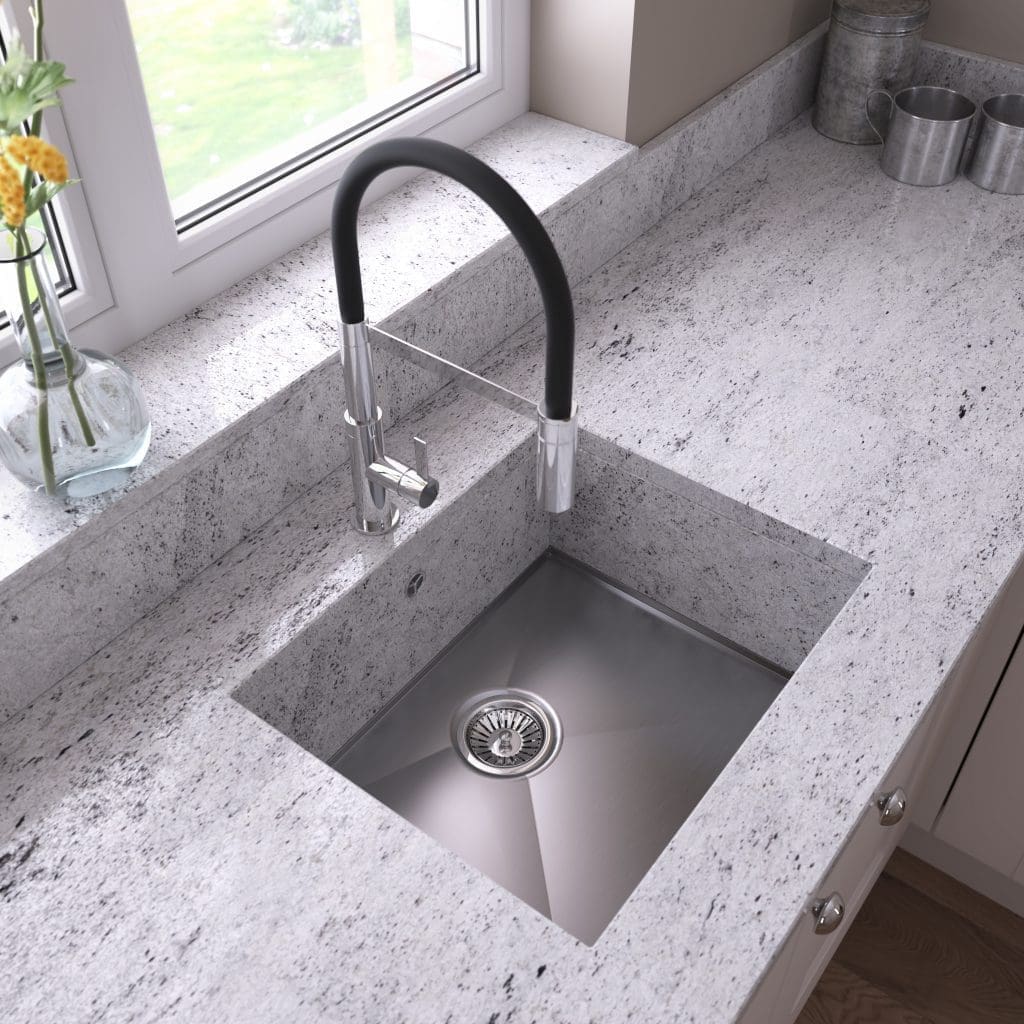
Can hard water cause damage?
Homeowners who live in hard water areas may be used to seeing white spots or stains around household appliances such as shower heads, taps, a kettle, or dishwasher. These stains are deposits of insoluble calcium and magnesium, known as scale. Scale occurs when hard water is heated and subsequently enters the home from the mains. The effect of scale is its unsightly, makes appliances more difficult and time consuming to clean, and usually ends up costing more in cleaning products.
More than this, a build-up of scale can reduce the efficiency of the kitchen appliance by restricting water flow within pipes. Your heating and hot water system can become less efficient causing you to feel the cold more in winter, and consequently having to pay more in heating costs. Furthermore scale forming within insulated household goods can cause them to overheat and risk an electrical failure. This also means appliances affected by scale tend to have a shorter life span than expected.
How can you reduce scale?
There is a wide range of cleaning products available on the market to tackle scale but if you live in an area with hard water it can easily become an ongoing battle. An alternative solution is to invest in a water softener. Previously considered a luxury, water softeners are now much more commonplace, yet initially they can be an expensive option to invest in; so the real question is, are they worth it?
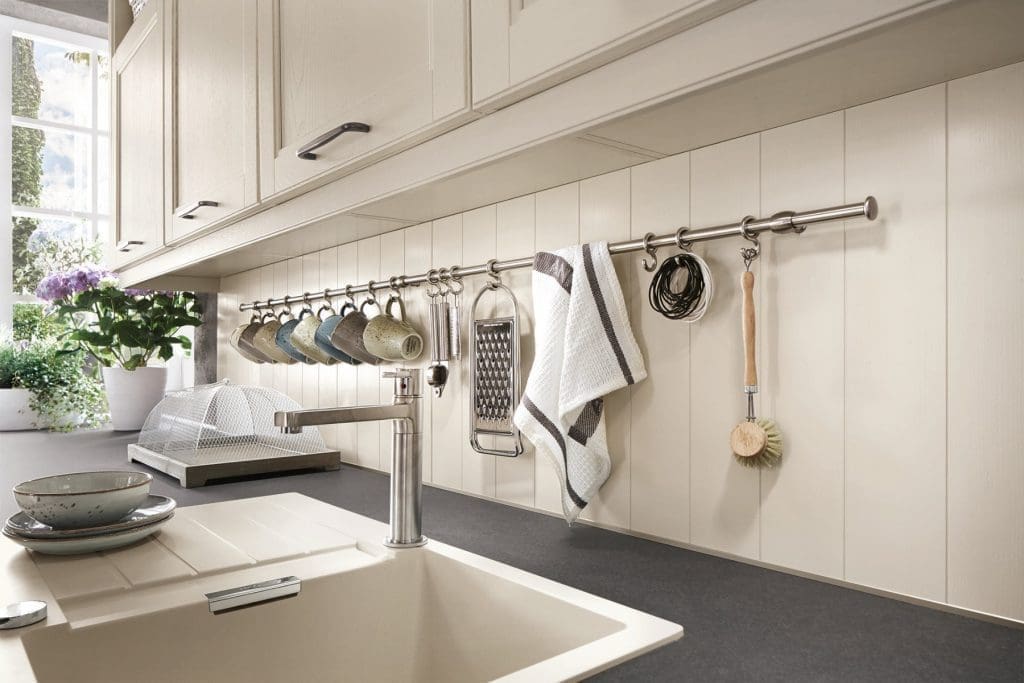
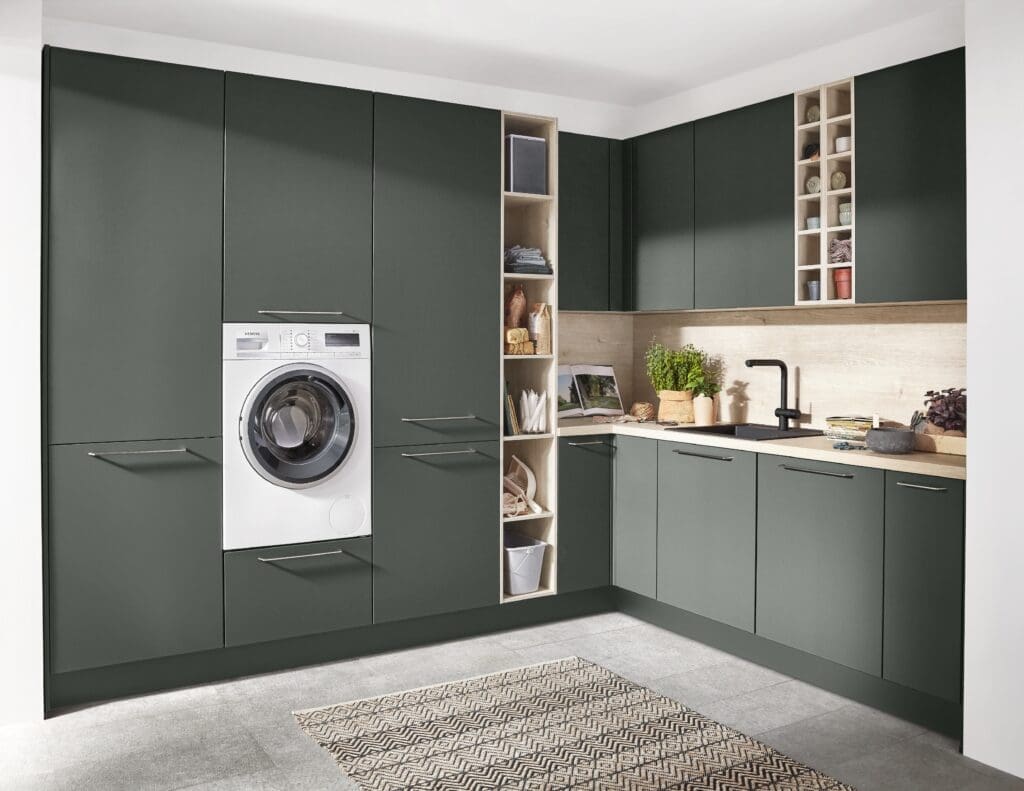
Why use a water softener?
A water softener for the home can help preserve the look and functionality of your bathroom and kitchen appliances by reducing the mineral content of hard water to reduce scale. This results in increased efficiency, a longer shelf life for your household appliances, and reduced costs in maintenance, utilities and cleaning products. Other benefits include cleaner and brighter washing up, rather than spotted glassware. This occurs because soft water dissolves soap and detergents better than hard water.
Soft water also makes soap and washing powders more effective, producing softer, brighter and cleaner clothes after washing. The same applies for skin and hair. Again, this is largely because softened water dissolves soap and shampoo, then rinses away more easily without leaving residue. Should you suffer skin complaints like Eczema, soft water will help calm rather than aggravate the condition as hard water sometimes can.
How does a water softener work?
Usually there are two tanks, typically located within your kitchen, garage or utility room, and the water softener works using an Ion-Exchange resin. When water flows through the water softener’s resin tank the calcium and magnesium minerals (ions) are effectively displaced by sodium (salt) ions attached to small resin beads contained within the tank. This displacement prevents the former minerals from entering the home.
However, the resin beads eventually become saturated with calcium and magnesium so need to be regenerated on occasion through the addition of new salt. At this point, the ion exchange that previously took place is reversed and the excess magnesium and calcium are drained away as waste water. The subsequent softened water that remains flows through the pipes and into the home.
Given that people drink water supplied from their mains, there are a number of regulations to adhere to when a kitchen water softener is installed to ensure it is safe. The best option is to arrange a professional installation.
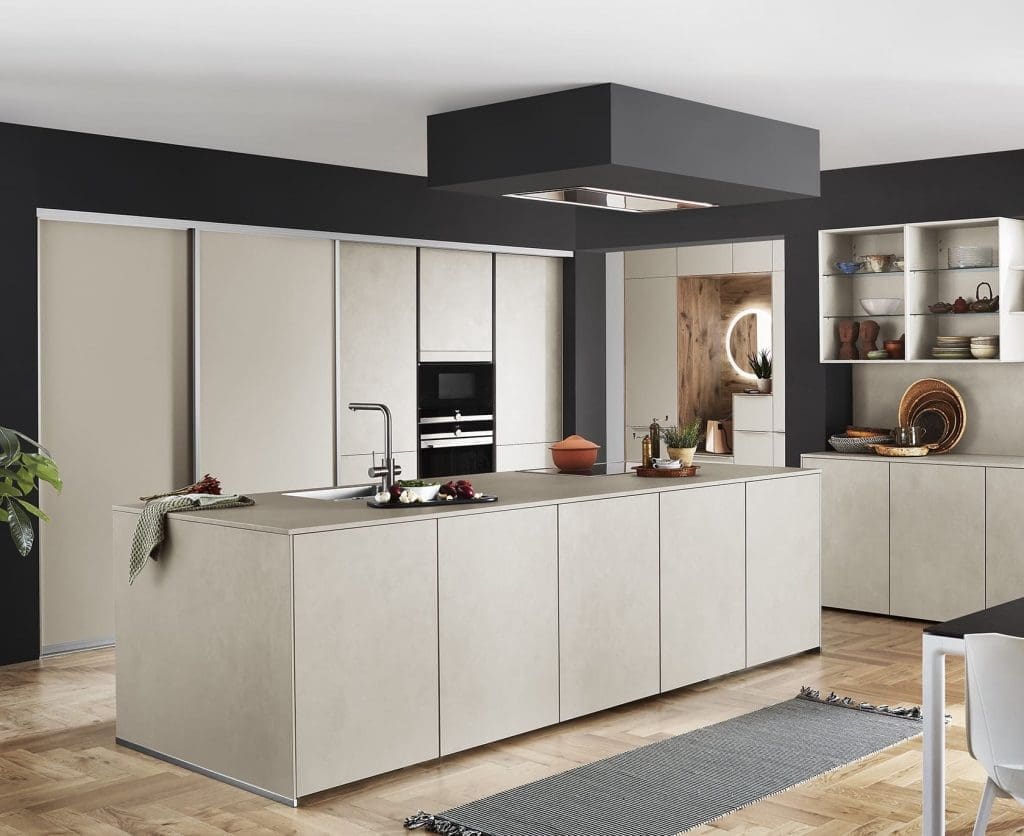
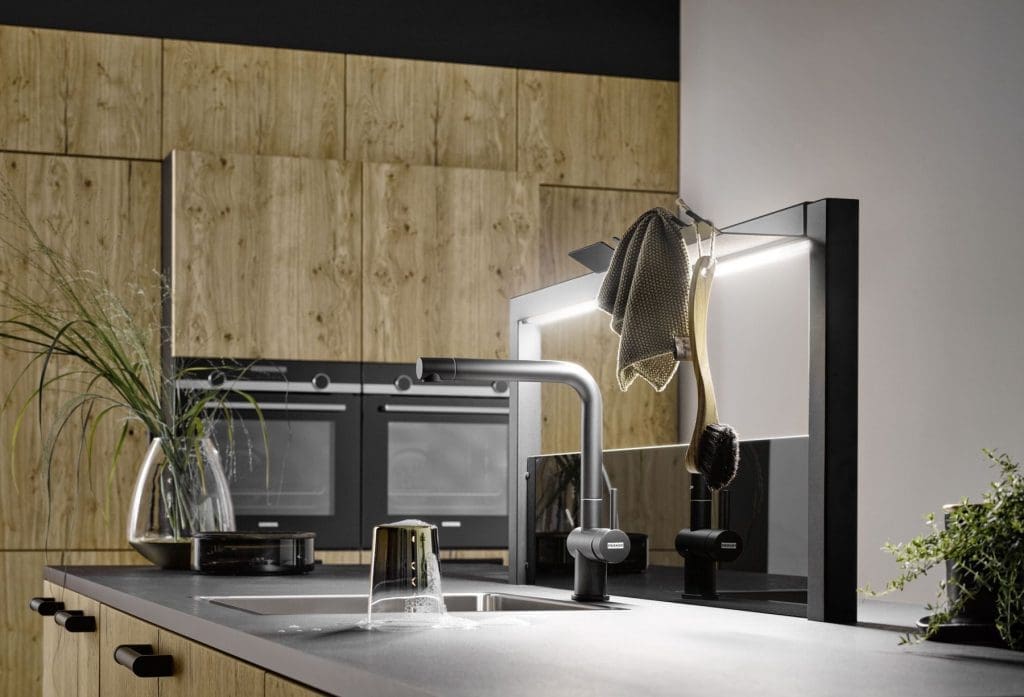
The safety of water softeners
Whether a water softener is installed or not, all water supplied to UK homes should meet regulations and be safe for using and drinking. Some would argue that hard water tastes better or is better health-wise given it contains calcium, magnesium and iron. There are also links to a reduction in heart complaints as it is beneficial in keeping the cardiovascular system healthy.
In light of this, water softeners can be set up with a bypass system so that people can introduce a water softener for the main supply of their house but maintain a level of hard water to their main kitchen sink, or separate drinking tap. Given that people drink water supplied from their mains, it is essential that all water entering homes, whether hard or soft, meets strict quality and safety standards to ensure it is safe. Similarly, there are a number of regulations to adhere to when a water softener is installed.
The verdict: To buy or not buy a water softener?
Tackling limescale within the bathroom and kitchen, requires regular attention and a good amount of elbow grease. And of course, that’s only the scale you can visibly see, let alone the build-up which is also likely within the mains system. From time to time kitchen appliances such as the kettle, dishwasher and washing machine will require a healthy dose of de-scaler, yet often never return fully back to their best.
The initial cost of purchasing a water softener may be expensive but in the long term, it is inexpensive to maintain. If it means a longer life span for household appliances and mains systems, then it appears a sound investment, representing value for money. This is particularly so for anyone planning a new build or who has just moved into a new home within a known hard-water area. For more information on water softeners and how to include them within your new kitchen design speak to your local kitchen design expert today.
